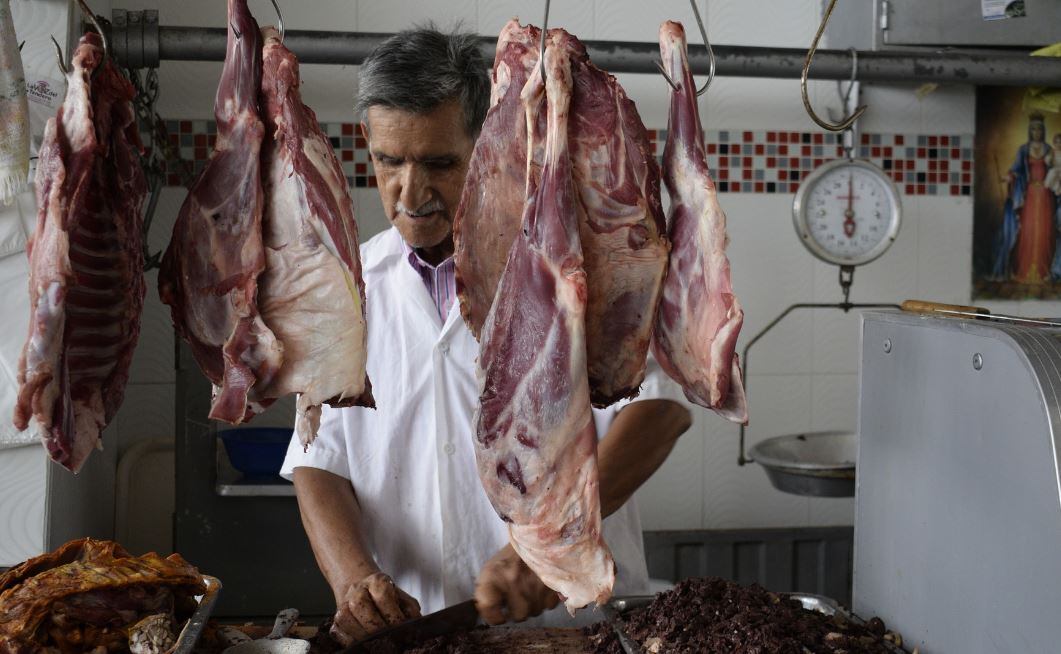The report suggests that illegal beef production from unapproved premises or without the proper inspections account for almost 43% of reported fraud in the global beef supply chain.
A major cause of the rise is fraud is down to price pressures, which UK butchers are facing the full impact of.
Products re-labelled
“We have seen some of the UK’s largest butchers disappear after being caught re-labelling products as being British – which carries a premium in price because of its high quality – when it is, in fact, imported,” said Regency Purchasing Group’s managing director Alex Demetriou.
The three main reasons behind increased food fraud include price competition, red tape and the rise in the number of leisure businesses going bust, he said.
“The result of this is that suppliers, including butchers, are not being paid, which has led to some of them turning to uncharacteristic practices just in order to survive and keep their businesses afloat.
“These are very challenging times, because butchery is a high value and often low percentage margin business.
“It generates one of the highest monthly outgoings for most restaurants, which means butchers are carrying a high liability.”
No easy solution
There is no quick or easy solution to counter the issue either, claimed Demetriou, adding that operators and consumer simply must accept the fact that you get what you pay for.
“Everyone wants the best deal, but sometimes we have to accept that we are buying high-quality product and therefore have to pay a reasonable price,” he continued.
“The demise of some of the UK’s best-known butchers over the past few years highlights how difficult the balance is between price, quality and compliance.”




